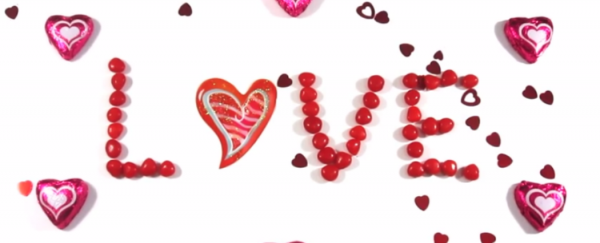When you think about it, the concept of love is wholly intertwined with the survival of our species - if none of us feel like mating with each other, the human species will die out pretty quickly. From the first microorganism that figured out how to split itself into two beings, to our earliest human ancestors, we all come from a long, unbroken line of successful reproducers, says the episode of AsapSCIENCE above.
But love, of course, isn't just about the necessary attraction that facilitates reproduction. It also plays a crucial role in ensuring that the results of our pairings - i.e. adorable babies - actually survive long enough to reproduce on their own.
While love is traditionally associated with the heart, the brain is actually the true locus of love. And, funnily enough, when scientists scan the brains of people who are newly in love with those on cocaine, they don't actually look that dissimilar.
AsapSCIENCE explains that cocaine works by lowering the threshold required to activate the pleasure centres in our brains, which means you can feel really good, more often, and more easily than when you're not on cocaine. The same effect can be seen in the brains of people in love - turns out just loving someone will make anything you experience be able to more easily set off the pleasure centres and make you feel good. So much so, that pain and aversion centres in the brain begin to fire less when you're in love, so you end up being less bothered by things.
Whether you're experiencing an orgasm, or just looking at beautiful photos of your loved ones, the same chemicals in your brain are going to be activated - dopamine and norepinephrine. And these chemicals can stimulate the need, or craving, to be with these people more and more. "You see, romantic love is not simply an emotion, it's a drive from the motor of the mind," says AsapSCIENCE, "and this motor brings about intense energy, focussed attention, and elation."
And did you know that you can use all of that to actually make yourself smarter? The video above will explain how you can use love to help you learn. Aw.
Source: AsapSCIENCE
